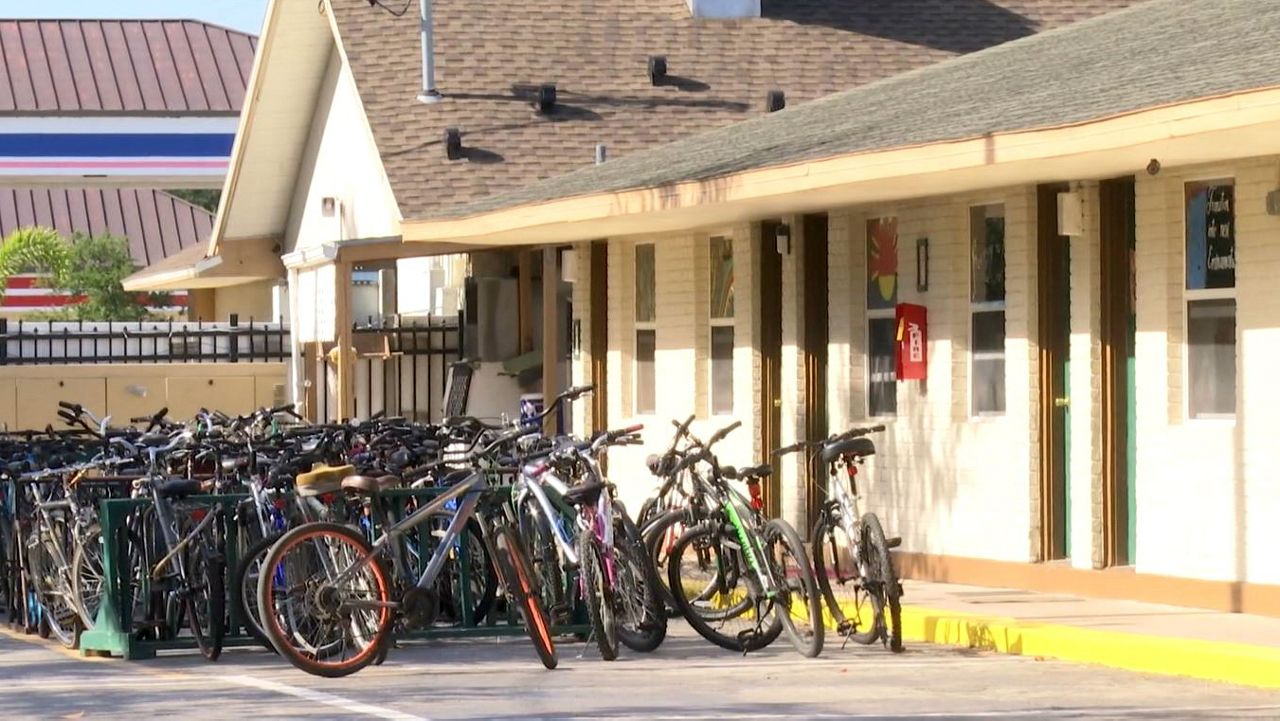KISSIMMEE, Fla. -- Transitional housing organizations designed to help inmates get on their feet after leaving the prison system may soon shut down because of funding cuts.
- Funding cuts may force transition houses to shut down
- State legislators approve $24.9 million cut from Dept. of Corrections
- Advocates contacting local legislators to talk emergency funds
The Transition House of Kissimmee works with non-violent offenders who are currently in the prison system.
During the program, inmates go through job counseling, can enroll in education classes, and the program is specifically designed to help those with addiction issues.
They also provide job training and have flexible work release programs for inmates about to move out of the system.
“So the goal is to completely redirect their lives from a negative one to a positive lifestyle,” said Transition House CEO Thomas Griffin.
Right now, the facility helps around 150 people at their Kissimmee location, but there are half a dozen other similar facilities throughout the state, which operate similar programs.
Now those programs may have to close, because last week the Florida Department of Corrections announced how major funding cuts would impact these special programs.
Although the legislative session has been over for a few weeks, the Department of Corrections announced that state legislators approved a budget cut of about $24.9 million from their fund.
That cut means programs like the Transition House will be cut, as well.
Spectrum News 13 received dozens of calls over the course of just a few days from families of inmates at Transition House of Kissimmee.
One concerned mother, Yolanda Butler, said Transition House has given her son new hope for when he steps out of prison in 2019.
“What are you going to do? Take somebody who’s been here in one year’s time -- he’s been here one year and now you’re going to send him back to prison? You gave him hope, and now you’re taking it away,” said Butler.
In 2007 her son, George Butler, known to his family as Billy, killed two people in a drunk driving crash and was sentenced to 15 years in prison.
Yolanda Butler says in the last year at Transition House, she’s noticed a dramatic change in her son and has hope that when released, he will be equipped with a set of job skills to help him move forward in life.
Now, with the possibility of the program closing, Butler and her son are concerned.
“When they are doing this, they are hurting the people who have the least,” Butler said.
Now the Butlers and the CEO of Transition House said they are contacting local legislators for a special session this summer to talk about allocating emergency funds to help keep the house open to inmates.
Otherwise, the FDOC will send buses on June 30 to take inmates back to prison.
It’s unclear what would happen to their work release jobs if they are sent back to prison.



